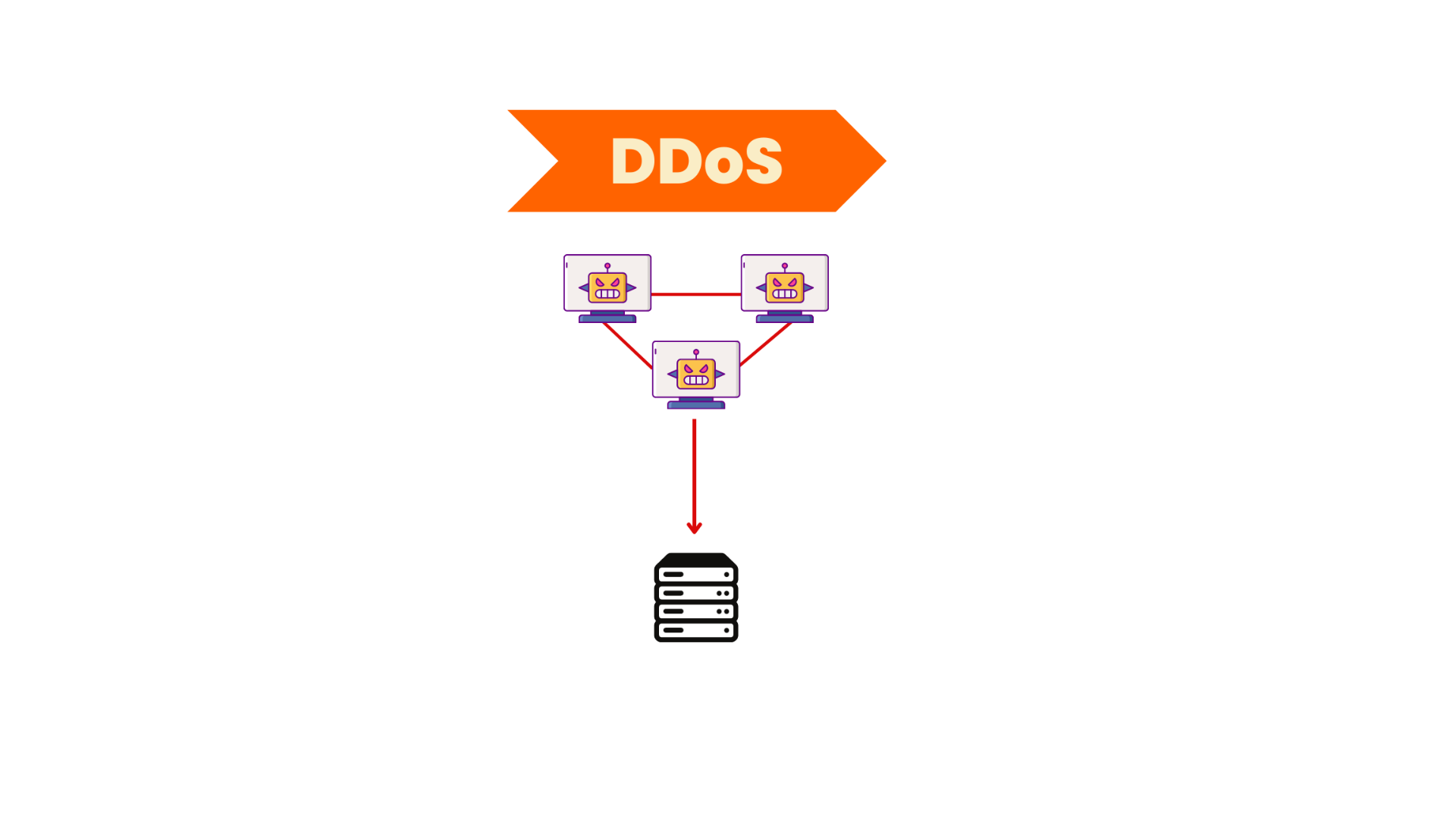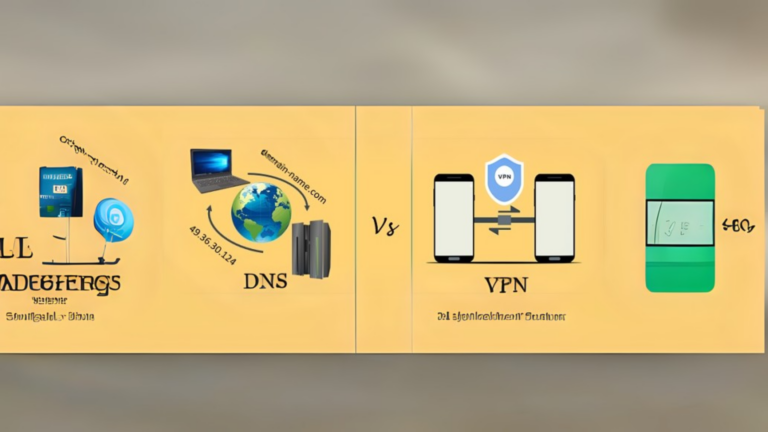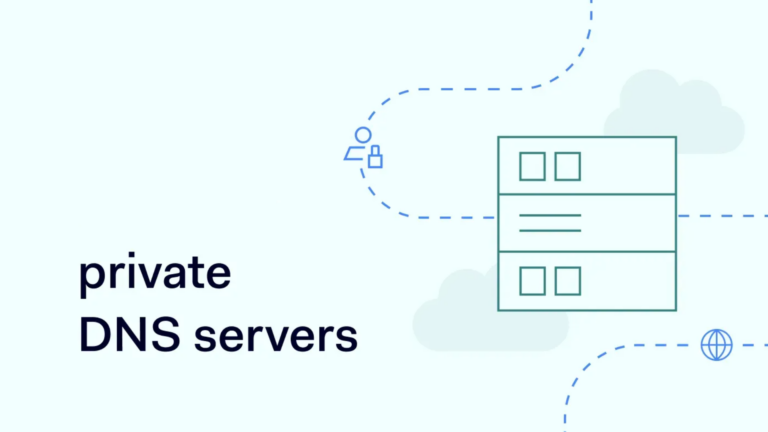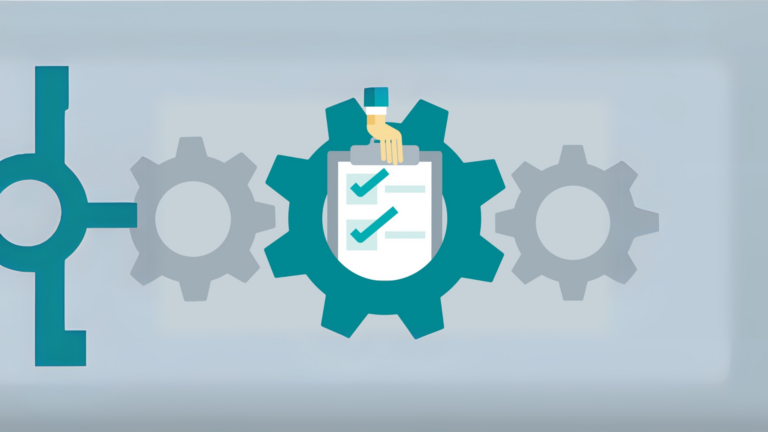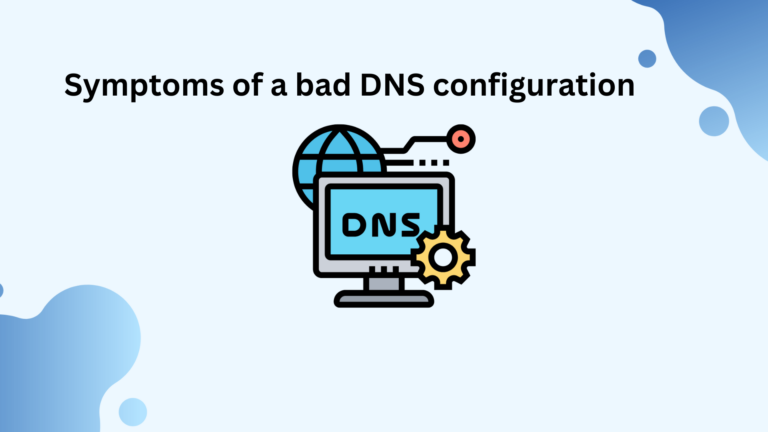How does DNS play a role in preventing DDoS attacks?
The Domain Name System (DNS) is like the phonebook of the internet. It translates website names (like example.com) into IP addresses, which computers use to find and load websites.
But did you know that DNS also plays a big role in stopping DDoS (Distributed Denial-of-Service) attacks?
A DDoS attack happens when hackers flood a website with so much traffic that it crashes. This can make websites slow or completely unavailable.
DNS helps protect against these attacks in several ways. Let’s take a closer look.
1. DNS Traffic Filtering
DNS providers can filter out suspicious or harmful traffic before it reaches a website. They do this by:
- Blocking requests from known bad IP addresses
- Limiting how many requests one device can send in a short time
- Detecting unusual patterns in traffic and stopping them
This helps keep legitimate traffic flowing while blocking attackers.
2. Rate Limiting
Rate limiting is a technique where DNS servers restrict how many requests a single device can send in a given period. If a server notices one device sending too many requests too fast, it can slow them down or block them entirely.
This prevents a single attacker from overloading a website.
3. Anycast Routing
DNS servers use a system called Anycast, which spreads traffic across multiple servers in different locations. If one server gets too much traffic, the system automatically redirects some of it to another server.
This keeps websites running smoothly, even during an attack.
4. DNS Firewalls
A DNS firewall acts as a security barrier between users and websites. It can:
- Detect and block harmful requests before they reach a website
- Prevent access to dangerous sites
- Stop malware and botnets from communicating with attackers
This is like having a security guard who only lets the right people in.
5. Using Cloud-Based DNS Protection
Many companies use cloud-based DNS services that have extra protection against DDoS attacks. These services have large networks that can absorb huge amounts of traffic, making it harder for attackers to overwhelm a website.
6. Monitoring and Early Detection
DNS providers constantly monitor traffic to detect unusual activity. If they notice a sudden spike in traffic, they can take action before it turns into a full-blown attack. This helps websites stay online and responsive.
Conclusion
DNS is not just about finding websites; it also plays a key role in keeping them safe from DDoS attacks. By filtering traffic, limiting requests, using Anycast routing, employing DNS firewalls, leveraging cloud-based protection, and monitoring for threats, DNS helps prevent attacks and keeps websites running smoothly.
By understanding these protections, businesses and individuals can make better choices about their DNS providers and security settings.
Staying protected online is more important than ever, and DNS is a big part of that defense.
